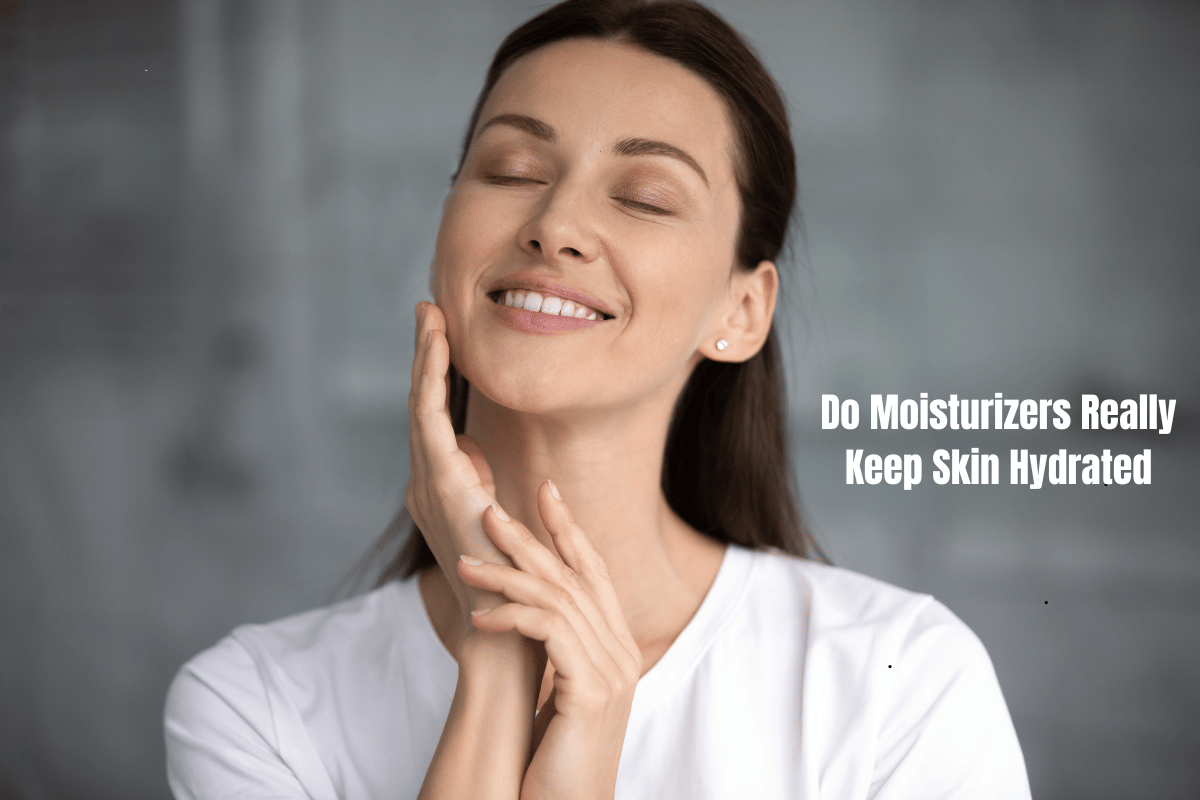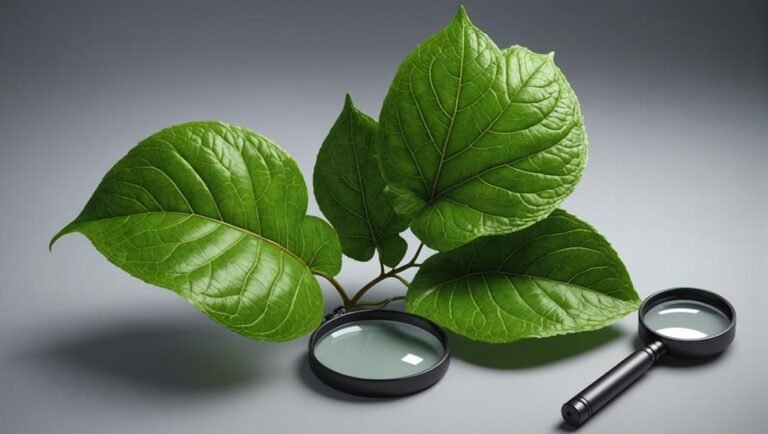Do Moisturizers Really Keep Skin Hydrated
Yes, moisturizers effectively keep your skin hydrated by replenishing moisture and helping the skin retain water. Ingredients like hyaluronic acid, ceramides, and glycerin play essential roles in maintaining skin hydration levels. Moisturizers work by replenishing the skin’s moisture barrier and preventing water loss, promoting overall skin health. Proper application techniques, such as applying to damp skin and extending to neck and chest, maximize the benefits of moisturizers. Debunking myths about moisturizer effectiveness and understanding ingredient variations can help you make informed decisions for your skin’s hydration needs. Learn more about the science and best practices for optimal skin hydration.
Key Takeaways
- Moisturizers maintain skin hydration by preventing water evaporation.
- Ingredients like hyaluronic acid attract and retain water in the skin.
- Ceramides in moisturizers help strengthen the skin barrier for hydration.
- Humectants like glycerin draw moisture into the skin for hydration.
- Proper application of moisturizers on damp skin seals in hydration.
The Science Behind Skin Hydration
Understanding the mechanisms of skin hydration involves delving into the intricate processes that govern moisture retention and loss within the skin’s layers. The skin barrier plays a pivotal role in maintaining hydration levels by preventing excessive water loss and protecting against external aggressors.
Hydration mechanisms within the skin involve a delicate balance between occlusion, humectants, and emollients. Occlusives like petrolatum create a physical barrier on the skin’s surface, reducing water evaporation. Humectants such as glycerin attract water from the environment into the skin, increasing moisture levels. Emollients work to smooth and soften the skin, enhancing its overall hydration.
Key Ingredients in Moisturizers
When choosing a moisturizer, it’s important to take into account the key ingredients that have a significant impact on hydrating and preserving the health of your skin. Understanding ingredient effectiveness and skin hydration dynamics can help you make informed choices.
Here are some key ingredients commonly found in moisturizers:
- Hyaluronic Acid: Known for its ability to hold a significant amount of water, helping to keep your skin hydrated and plump.
- Ceramides: Essential for maintaining the skin’s barrier function, preventing moisture loss and protecting against environmental stressors.
- Glycerin: A powerful humectant that attracts water to the skin, keeping it hydrated and healthy.
- Shea Butter: Rich in emollients, it helps to soften and smooth the skin, improving overall hydration levels.
How Moisturizers Impact Skin
Moisturizers play an essential role in maintaining skin hydration levels and promoting overall skin health through their combination of water-supplying and skin-protecting properties. Skin hydration mechanisms involve the stratum corneum retaining water, while moisturizers containing occlusives, humectants, and emollients work to replenish and retain moisture.
The effectiveness of moisturizers lies in their ability to supply water to the skin, prevent water loss, and draw water into the skin through humectants. Emollients further contribute by smoothing rough skin texture. Common ingredients like petrolatum, lanolin, and dimethicone enhance moisturizer effectiveness by providing a barrier to lock in moisture and nourish the skin.
Understanding how moisturizers impact skin hydration is crucial for maintaining healthy and hydrated skin.
Best Practices for Moisturizer Application
To ensure maximum effectiveness, correct application techniques are essential for maximizing the benefits of moisturizers on your skin. Follow these proper techniques and application tips for best results:
- Cleanse Your Skin: Start with a gentle cleanser like castile liquid soap to remove dirt and oil, allowing the moisturizer to penetrate effectively.
- Apply to Damp Skin: Moisturizers lock in moisture, so applying to slightly damp skin helps seal in hydration.
- Use Gentle, Upward Strokes: Avoid tugging or pulling on the skin by using light, upward motions to prevent stretching and wrinkling.
- Don’t Forget Your Neck and Chest: Extend the application beyond your face to these areas, as they also benefit from hydration.
Debunking Moisturizer Myths
To better understand the true impact of moisturizers on your skin, it’s important to address common misconceptions that surround their effectiveness and benefits.
One common misconception is that all moisturizers work the same way for everyone, which isn’t true. Skin types vary, and what works for one person may not work for another.
Another myth is that the higher the price of a moisturizer, the better it’s for your skin. In reality, the effectiveness of a moisturizer isn’t solely determined by its cost but rather by its ingredients and how well they suit your skin’s needs.
Understanding these misconceptions can help you make more informed decisions based on your skin type and preferences.
Conclusion
You now understand the science behind moisturizers and how they truly keep your skin hydrated.
Did you know that studies have shown that using a moisturizer can increase skin hydration by up to 30%?
By incorporating the right moisturizer with key ingredients for your skin type, you can improve texture, retain moisture, and achieve a healthy, glowing complexion.
Remember, choosing the right moisturizer is essential for maintaining hydrated and supple skin.







